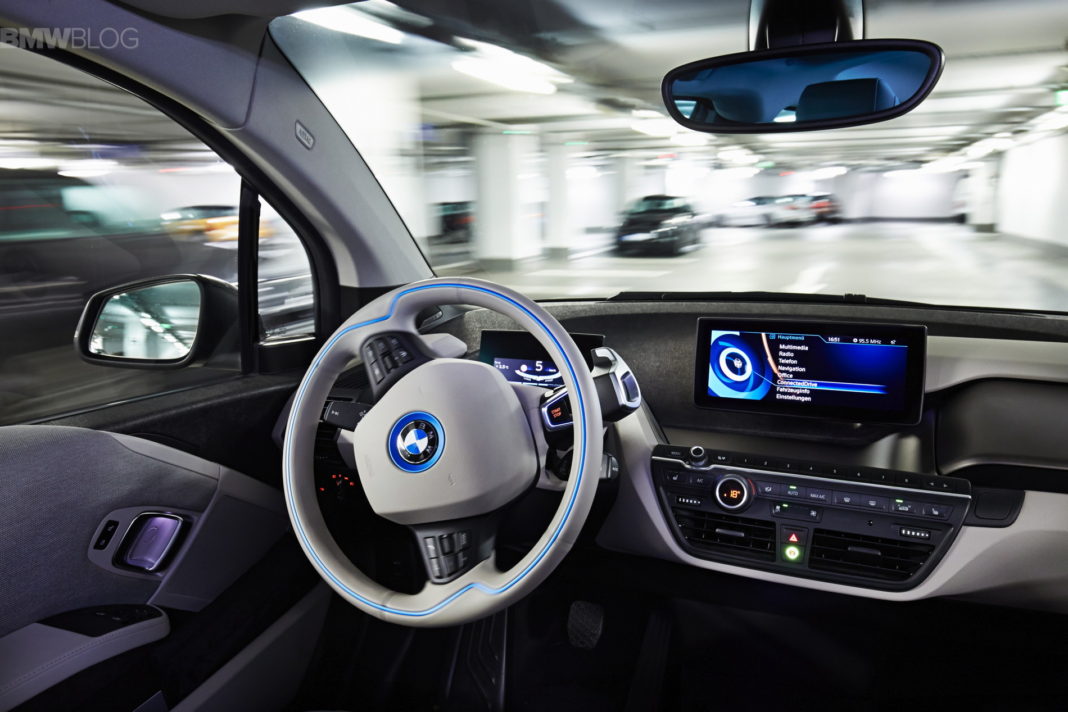IBM has been a leader in the quantum computing industry for quite some time now. However, a team from the University of Maryland is set to challenge IBM’s five qubits with its set of five qubits in the world’s first real quantum computing battle. It consisted of a series of challenges that saw the two quantum computers running the same algorithms but using different underlying technologies. While the qubits that make up IBM’s chip are made from superconducting metals, the one from the University of Maryland traps ytterbium ions using electromagnetic fields.
The results from the battle showed that although the IBM device was much faster than the University of Maryland’s, it was also less reliable. The reason for this is that IBM’s qubits share information via a central hub where it’s possible that delicate quantum states could be destroyed opposed to being interconnected to the University of Maryland’s device. However, both chips are still relatively modest regarding power. But, the results are still inconclusive, and neither has yet been proved a winner.
Previously quantum computers have been compared against traditional computers, but never against one another. One such example is with D-Wave’s device. This has been compared to normal silicon processors several times and has proved to be much faster at a few specific tasks. The main reason that quantum computers haven’t yet been compared against one another is that it’s all still very new and previously scientists were not able to directly compare them in this way. However, the fact that this is now possible shows promise for the quantum computing world that maybe we’re closer than we thought to develop the ultimate quantum computer.
More News To Read











